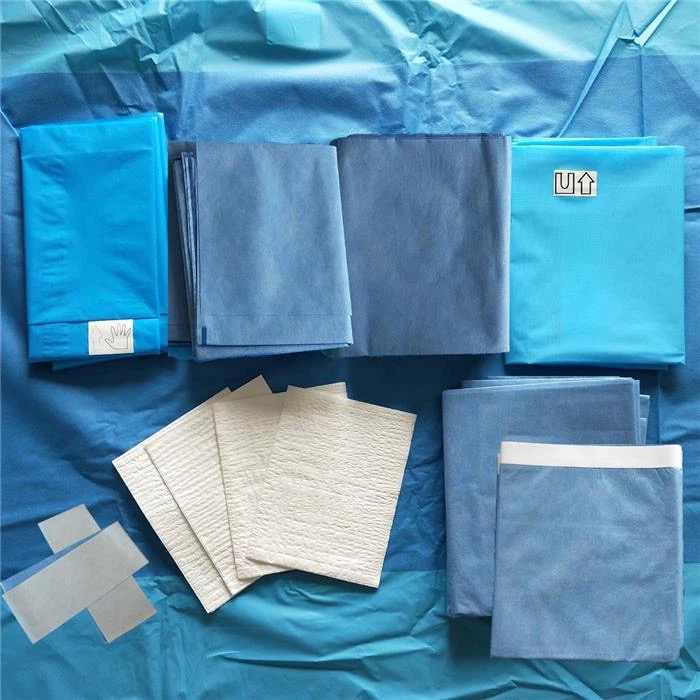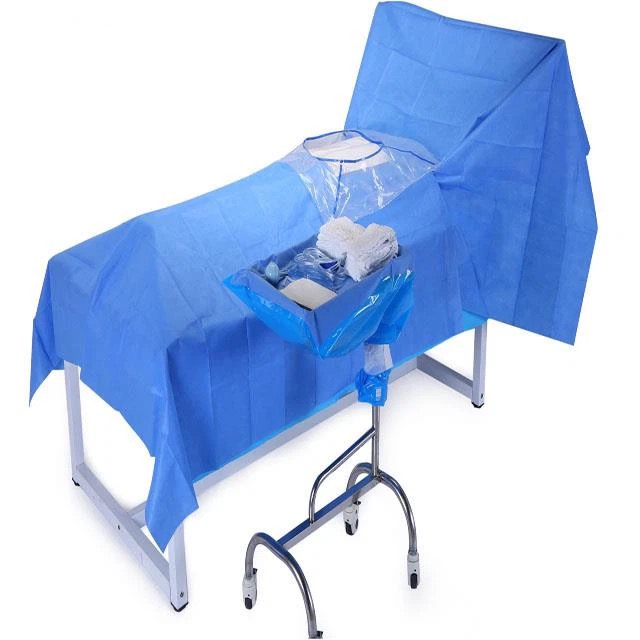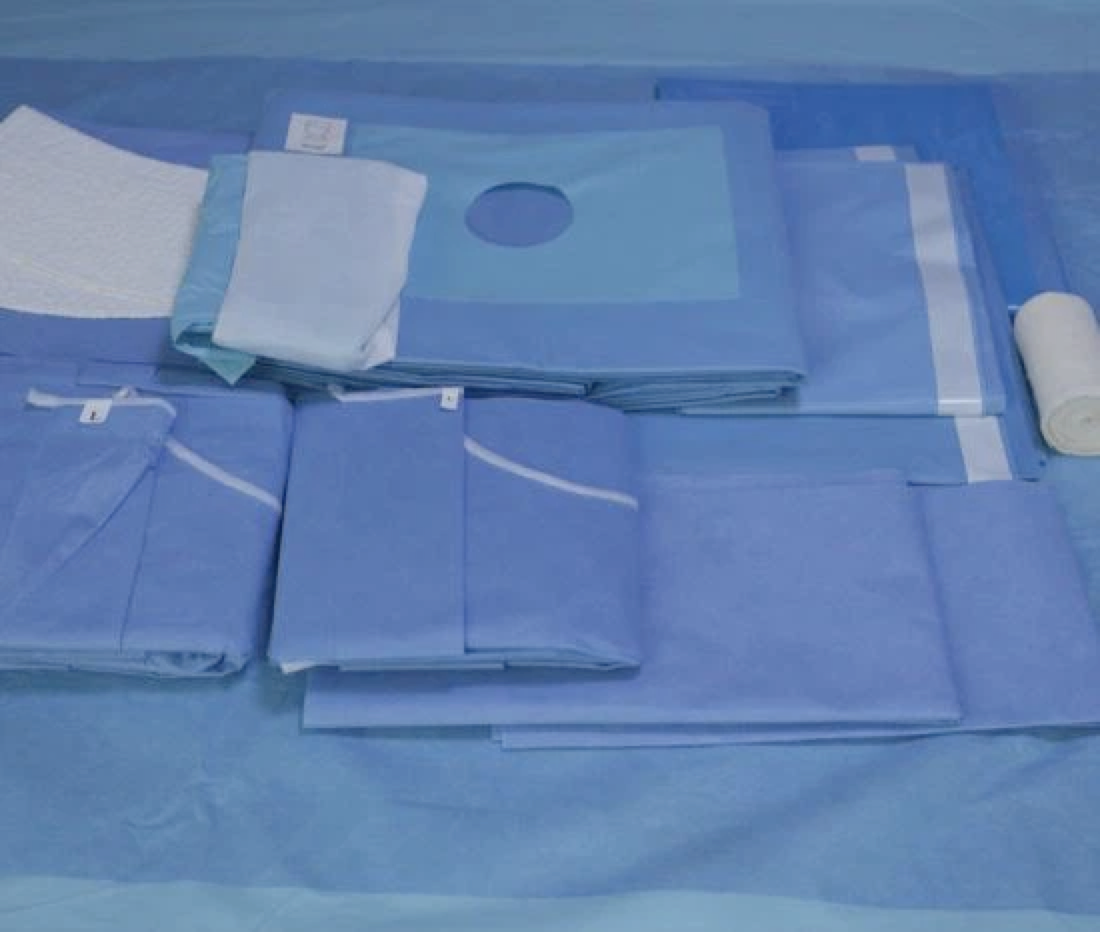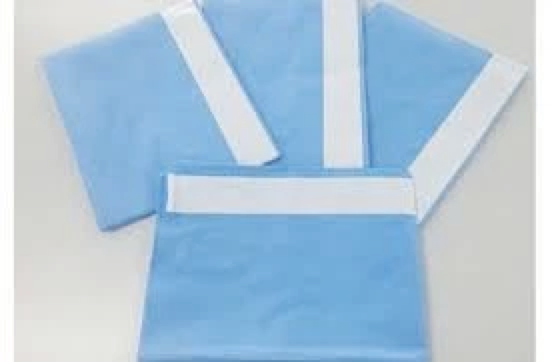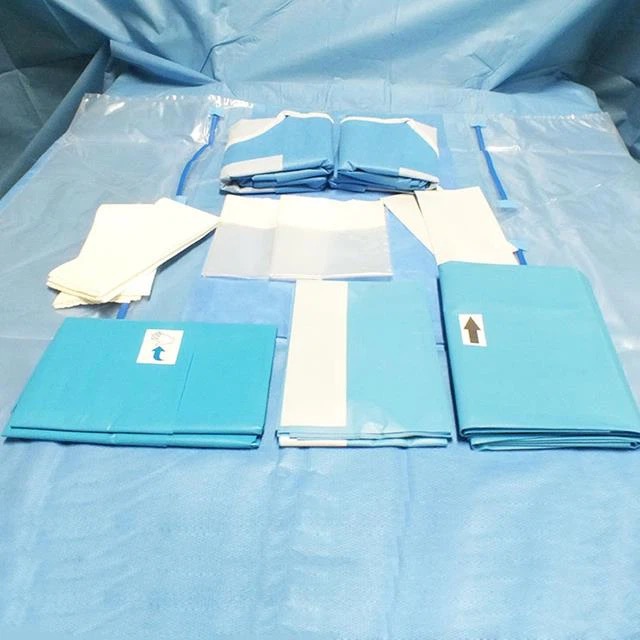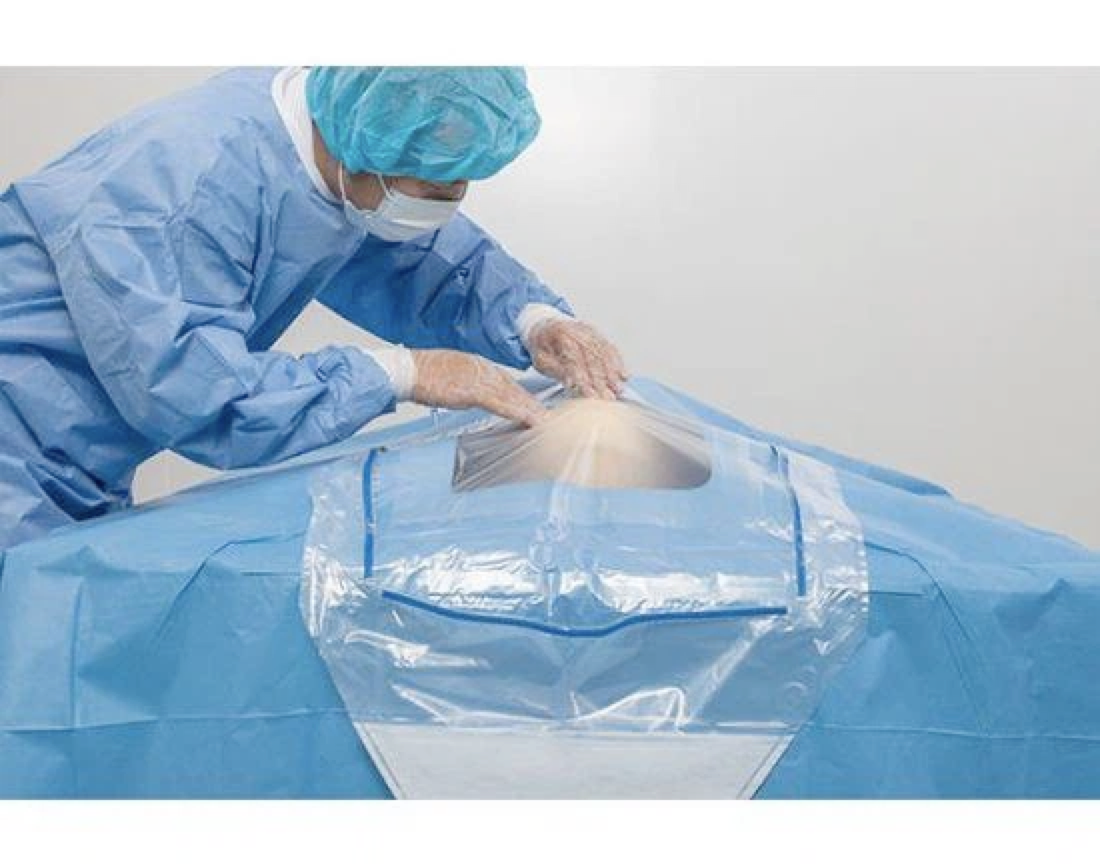As the world enters into the third year of the coronavirus pandemic, face masks and respirators continue to be pervasive, especially as new variants, like the contagious Omicron, continue to emerge. As cases of the virus climb, in the U.S. the Biden Administration continues to recommend wearing a mask in public indoor settings in areas of high transmission, along with getting vaccinated.
In fact, just last month, the White House announced the U.S. will begin distributing 400 million N95 respirators to Americans for free, to protect against the Omicron variant. The high-quality face coverings will come from the National Strategic Stockpile and will be issued through thousands of pharmacies and community health centers.
This move comes after the Centers for Disease Control and Prevention admitted in mid-January that cloth masks aren’t as effective against the coronavirus as surgical masks and respirators.
The CDC clarified its position on masks, saying: “Masks and respirators (i.e., specialized filtering masks such as N95s) can provide different levels of protection depending on the type of mask and how they are used. Loosely woven cloth products provide the least protection, layered finely woven products offer more protection, well-fitting disposable surgical masks and KN95s offer even more protection, and well-fitting NIOSH-approved respirators (including N95s) offer the highest level of protection.”
Meanwhile, legislation was recently reintroduced to manufacture and distribute highly-protective N95 masks to every person in America. Under Senator Bernie Sanders’ (I-VT) Masks for All Act—first introduced in 2020—every person in the U.S. would receive a free package of three N95 respirator masks.
This legislation would require the federal government to use all available authorities, including the Defense Production Act, to eliminate shortages of N95 respirator masks and distribute them to the public as soon as possible. The proposal would use the U.S. Postal Service for distribution and set up pick-up sites at convenient community locations that are already providing essential services, such as Post Offices, pharmacies, schools, public transportation stations, and Covid-19 testing sites. It would also end the U.S. reliance on China and other countries for this essential lifesaving equipment.
Made in America
Throughout 2020 and 2021, the unprecedented usage of face masks, which had mainly been made in Asia previously, led to an extraordinary rate of investment in face masks and respirators, as well as their main raw material component meltblown nonwovens.
During a press briefing last month, White House Covid-19 Response Coordinator Jeff Zients reiterated that one of the first things the Biden Administration did when it entered office was to significantly improve the U.S.’s manufacturing and stockpile of all personal protective equipment (PPE). “Today, N95 masks are widely available and the government has a strong stockpile of over 750 million masks for healthcare workers and first responders,” he told reporters.
In the early days of the pandemic, INDA, the Association of the Nonwoven Fabrics Industry, was deeply involved with the government and various agencies in ramping up production of PPE. “One of the first things the government addressed was respirators,” says Brad Kalil, INDA’s Director of Market Intelligence & Economic Insights. “Early on the government provided a fair amount of money—around $280 million—to increase the domestic production of respirators in 2020. It primarily went to a few companies to increase respirator converting, but the money also went to new meltblown lines.”
Prior to the pandemic, around 30% of the respirator demand was produced in the U.S., Kalil says, citing information from the U.S. Department of Health and Human Services (HHS). Based on his estimates, there were around five respirator producers in the U.S., with 3M being the largest. This number went up to around 40 producers at some point in 2021, including Honeywell reshoring, at one point, two locations in the U.S. “Even though all those producers were added, the original five producers, plus Honeywell, still had about three-quarters share of the respirator production,” Kalil adds.
Many of these new companies had a hard time getting into the medical respirator market. “They all found this out later, but if a hospital buys a new respirator, they have to train all their staff on how to wear it, even though it could be exactly the same,” he says. “I think that was a big hurdle for some of these companies, and we’re not near 40 producers anymore.”
Something that’s expected to help safeguard some of the new investments companies made in the U.S. is a bipartisan provision that was signed into law by President Biden in November as a part of the Infrastructure Investment & Jobs Act. This provision, which is based on U.S. Senators Gary Peters (D-MI) and Rob Portman (R-OH)’s Make PPE in America Act, will strengthen efforts to onshore production of PPE in the U.S. by requiring federal agencies to issue long-term contracts for American-made PPE. Reshoring production will ensure American workers, health care professionals, and more have the PPE they need as the economy continues to reopen. Domestic production of PPE supplies also will create American manufacturing jobs and ensure that America is better prepared for the next pandemic.
The provision will require federal agencies including the Department of Homeland Security, HHS, and the Department of Veterans Affairs, to purchase American-made PPE. The bill also requires federal agencies to issue long-term contracts to U.S. manufacturers.
U.S. manufactures of PPE and meltblown nonwovens, like US Meltblown, say the signing of the bill will help protect the investments companies have made to locate new production in the U.S., and it will also ensure a steady, ongoing supply of quality PPE from domestic producers throughout the U.S.
“We have done our part by establishing a reliable, domestic source for this vitally important PPE material,” says US Meltblown founder and CEO Robert Sires. “We are asking others to do their part by purchasing PPE products from companies here in the U.S., thereby supporting the economy and better protecting American citizens.”
US Meltblown installed a new meltblown production line, which was fully operational six months after Covid-19 and able to make materials that qualified for ASTM F2100 Level 1, 2, 3 and NIOSH 42 CFR 84 Subpart K (N95). In anticipation of the Make PPE in America Act, the company recently doubled production capacity and plans to quadruple capabilities within the 90-day period after the signing of the Infrastructure Bill.
“The Make PPE in America Act came from efforts led by INDA, as well as groups like the National Council of Textile Organizations, the Industrial Fabrics Association and a number of others who came together in the early days of the pandemic in order to address the shortages of PPE that were being experienced across the country and across the world,” says Jessica Franken, INDA’s director of Government Affairs. “That coalition was very aggressively working to address those shortages in the early days, and in that process noted that when it comes to the procurement part of the problem that left the government somewhat shorthanded when crisis emerged was the fact that manufacturers didn’t have a lot of certainty in dealing with the federal government.”
